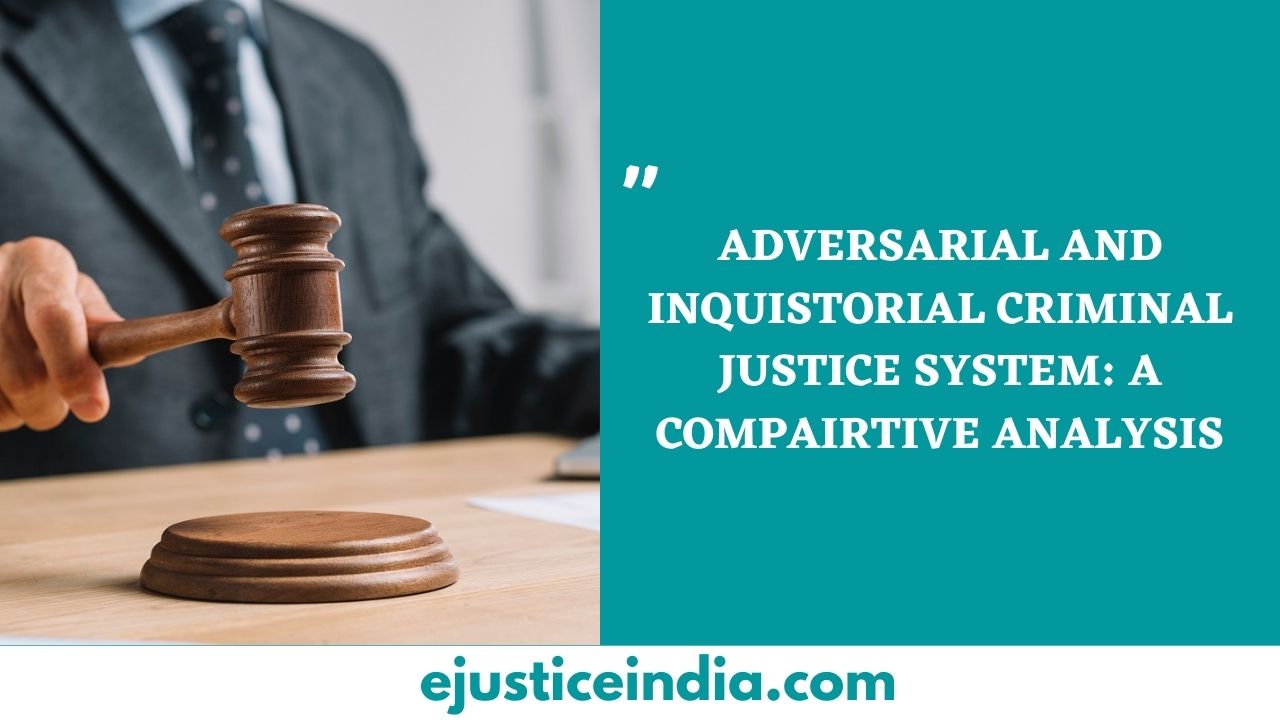LAWS AND PROVISIONS RELATING TO CHEATING UNDER IPC
Author : Garima Sethi
Introduction
A dishonest or unfair act done from one to another in order to gain some advantage is cheating . The literal meaning of the word ‘cheat’ means “act dishonestly or unfairly in order to gain an advantage”. This act of unfair trick on someone to have an advantage from the other is very popular and is seen very well in our daily life. But very less people are aware that this tricking on someone to gain an advantage is an offence and is defined in IPC. Indian Penal Code defines ‘Cheating’ in Section 415 as “ Whoever, by deceiving any person, fraudulently or dishonestly induces the person so deceived to deliver any property to any person, or to consent that any person shall retain any property, or intentionally induces the person so deceived to do or omit to do anything which he would not do omit if he were not so deceived, and which act or omission causes or is likely to cause damage or harm to that person in body, mind, reputation or property”. Cheating is saying or doing something with a fraudulent intention, which makes someone believe that something is true when actually it is not.
Nature and Scope of Cheating
The offence of Cheating is cognizable in nature and is Non-bail able offence. Any deception or concealment of any fact which has induced a person to do or omit an act which if he would not have done in normal circumstances when he was not deceived will amount to cheating and will be punishable under the code. Cheating as an offence has a wider scope wherein it covers all types of deception and inducement which a person does to another in order to gain some advantage from someone or which has harmed someone’s mind, body, property or reputation. Section 415 have some key elements which are essential to amount an act as Cheating. These key elements or essential elements are as given below:
ESSENTIAL ELEMENTS
- Deception
Deception means to make a person believe what is false to be true or to make a person disbelieve of a fact which is true by using such words or conduct. Deception is considered as a key element to constitute the offence of Cheating.
- Fraudulently or Dishonestly
Fraudulently or dishonestly deceiving someone to do or not to do something amounts to cheating. Fraudulent act or dishonest act is something which is done without any truthful purpose in order to do fraud.
- With an intention to cheat
Mens Rea is i.e. mental state of a person, Mental state of a person is considered important in order to bring out the real intention of the wrong doer. If the accused is aware of the circumstance and is an ordinary prudent man who is able to understand that his act will ultimately amount to harm the other person and, does that act is considered to have criminal intention to do that act. Similarly if someone is aware of the circumstances and deceives someone wrongfully to gain an advantage from the other person will be said to have an intention to cheat.
- Harmed the other bodily, his mind, property or reputation
Such deception which has made the other person face damages whether bodily, mind, damage of property or damage of reputation will amount to cheating. But even if the person has not faced any damage the accused will still be liable for the offence of cheating as it clearly creates an apprehension that he has been cheated by someone.
PUNISHMENT
Section 417 talks about the punishment which one will have to face in case he is found to be guilty of the offence. The punishment prescribed therein is imprisonment of 1 year or fine or both in case the act is not serious in nature and damage is not intense. But if damage faced by the person cheated is seriously a big loss the imprisonment can extend upto 7 years with fine in order to compensate the damage faced by the victim.
OTHER PROVISIONS RELATED TO CHEATING :
There are some other provisions in Indian Penal Code related to cheating these are mentioned below-
- Cheating by personation- Section 416 talk about “cheating by personation”
Personation means ‘to assume the identity of another person with intent to deceive’. The section reads as ‘A person is said to cheat by personation when,
“he cheats by pretending to be some other person, or by knowingly substituting one person for another, or representing that he or any other person is a person other than he or such other person really is”. e.g. A pretends to be a bank official and collects collateral money from B’s residence. Cheating by personation is considered as an offence and is punishable u/s 419 of Indian Penal Code.
Punishment
under Section 419 punishment for Cheating by Personation is defined as imprisonment which may extend upto 3 years or fine or both.
- Cheating with knowledge that wrongful loss may ensue to person whose interest offender is bound to protect. – Section 418 talks about cheating with knowledge that it will amount to loss which may ensue to person whose interest offender is bound to protect. The section reads as:
“Whoever cheats with the knowledge that he is likely thereby to cause wrongful loss to a person whose interest in the transaction to which the cheating relates, he was found, either by law, or by a legal contract, to protect, shall be punished with imprisonment of either description for a term which may extend to three years, or with fine, or with both”.
Thereby any person found guilty of an offence where he intentionally cheats and causes loss to the aggrieved party whose interest is to be protected under law or contract, omits to do so with wrongful intension, shall be punishable with imprisonment which may extend to 3 years or fine or both.
- Cheating and dishonestly inducing delivery of property- Section 420 talks about offences which includes cheating and inducing delivery of property to the accused. The section reads as :
“Whoever cheats and thereby dishonestly induces the person deceived any property to any person, or to make, alter or destroy the whole or any part of a valuable security, or anything which is signed or sealed, and which is capable of being converted into a valuable security, shall be punished with imprisonment of either description for a term which may extend to seven years, and shall also be liable to fine”.
Thereby anyone who has dishonestly induced someone to deceive any property or anything which holds value, shall be punishable with imprisonment which may extend upto 7 years and shall also be liable for fine.
CONCLUSION
The Indian Penal Code has tried to cover almost all the possible offences related to cheating. Therefore cheating covers all the deceitful, dishonest, fraudulent acts of cheating and causing the other person wrongful loss, damage(physical, mindful, property and reputation) or apprehension to get cheated.


